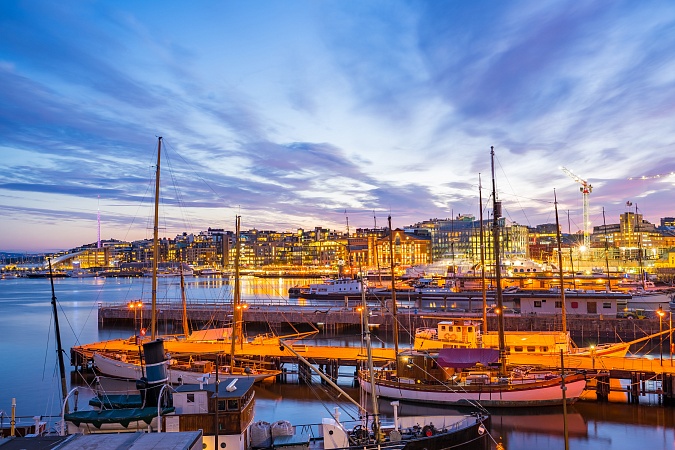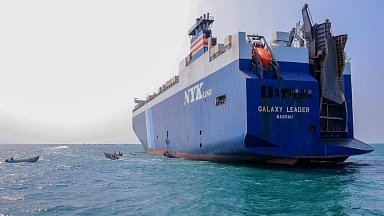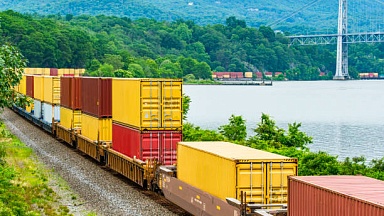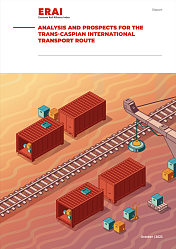The memorandum was signed during a working meeting of representatives from Kaliningrad Railways and the Norwegian transport market.
The head of Kaliningrad Railways, Viktor Golomolzin, informed his Norwegian colleagues about the start of container train consignments between China and Europe on a single CIM / SMGS transportation document. Container transhipments are carried out at the terminals of the ports of Baltiysk and Mukran in Germany. The use of a single consignment note enables shippers and consignees to minimize time and costs. The first container train departing from Hsinchu station in China in arrived in Baltiysk port after just 8.5 days.
During meetings with representatives of European shipping companies held in Norway, Victor Golomolzin presented the transport and logistics capabilities of Russian Railways with regard to reloading container trains at the terminals of Novaya Dzerzhinskaya and Chernyakhovsk-Zapadny stations. He also spoke about multimodal projects implemented jointly with United Transport and Logistics Company Eurasian Rail Alliance (UTLC ERA), the port of Kaliningrad, stevedores and railway companies in Germany and the Netherlands.




